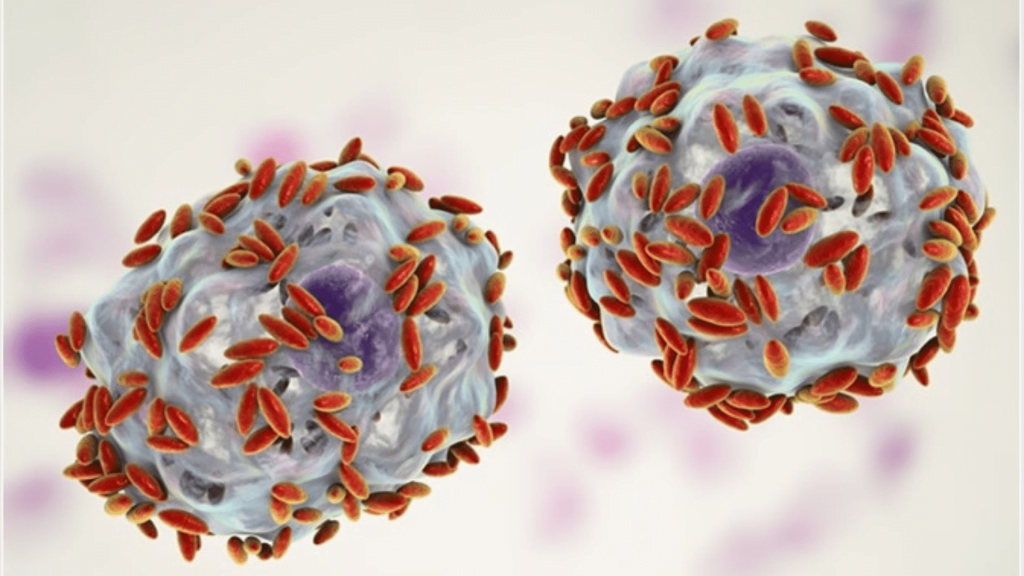Intimate Part Discharge & Odour During Pregnancy: What’s Normal?
Bacterial Vaginosis is found in about 25% of pregnant women. BV is usually not dangerous, however if left untreated it can increase the risk for other medical problems in pregnancy.
Pregnancy can be as confusing as it is elating, and it’s not always easy to tell which changes are normal and which are cause for concern. One change is intimate part discharge, which can vary in consistency or thickness, frequency, and amount during pregnancy. This intimate part discharge is called “leukorrhea”
As your pregnancy progresses, this discharge usually becomes more noticeable, and it’s heaviest at the end of your pregnancy. You may want to wear an unscented panty liner.. In the last weeks of pregnancy, you may also notice that your discharge contains streaks of thick mucus with streaks of blood, called “show.”
Will BV Affect My Chances for Getting Pregnant or Having a Healthy Pregnancy?
BV is three times more common to be found in infertile women than fertile women. BV, and other infections in general, can cause decreased fertility in a number of ways:
- Increasing inflammation and immune system activity, making a toxic environment for reproduction.
- Causing damage to sperm and intimate part cells.
- Interfering with the production of healthy cervical mucus during ovulation.
- Blocking the Fallopian Tubes through scar tissue damage from infections, so that sperm and egg can’t meet.
- BV is also associated with a two-fold increase in risk of preclinical pregnancy loss, sometimes called a chemical pregnancy, following IVF. BV is also associated with increased rates of human papillomavirus (HPV) and HIV infection. For women with BV present during pregnancy, there may be an increased risk of miscarriages, preterm birth, and low birth weight complications for the newborn, as well as postpartum infections.
When to call your doctor?
It’s important to let your healthcare provider know about any abnormal discharge, as it could be a sign of an infection or a problem with your pregnancy. Here are some signs of abnormal discharge:
- Yellow, green, or gray color
- Strong and foul odour
- Accompanied by redness or itching, or vulvar swelling
Abnormal discharge and odour may be a sign of infection and may also signal a complication in your pregnancy. When in doubt, it’s always better to call your doctor. Note when the changes to your intimate part discharge began and any defining characteristics. This will help your doctor determine if your discharge is cause for concern.
To avoid risk of infection:
- Wear loose, breathable clothing
- Wear cotton underwear, avoid materials like lace, satin or silk
- Dry your genitals after showering, swimming, or exercising
Normal intimate part discharge is thin, clear, or milky white, and mild smelling. If your discharge turns grey or white accompanied by a strong smell, it may be a sign that you have BV and a pH imbalance. The only real solution is to restore and maintain your body’s delicate balance. Sometimes your body can do this on its own, but when it needs a little help, there’s ENCORE like V .
